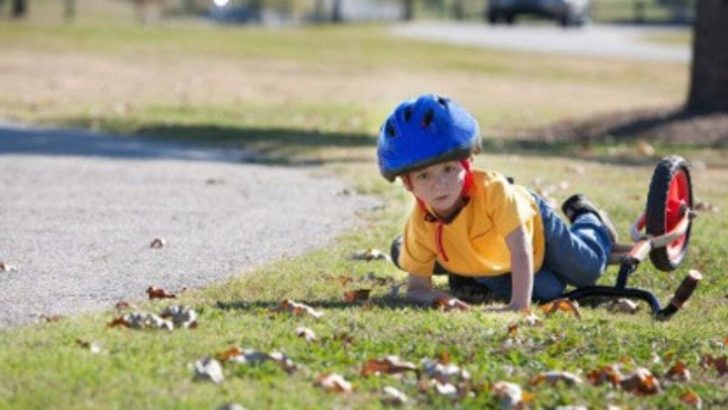In the realm of parenting, “mistakes” are often viewed as missteps on the path to raising well-adjusted adults. However, some of these so-called errors might not be as detrimental as they appear. In fact, they could be nurturing resilience in children, preparing them for the unpredictable challenges of life. This blog post explores twelve parenting practices that, despite being labeled as mistakes, actually contribute positively to a child’s growth. By reimagining these actions, we can see how they play a crucial role in fostering independence, creativity, and emotional strength. Let’s explore these unconventional practices and understand their hidden merits.
1. Allowing Failure
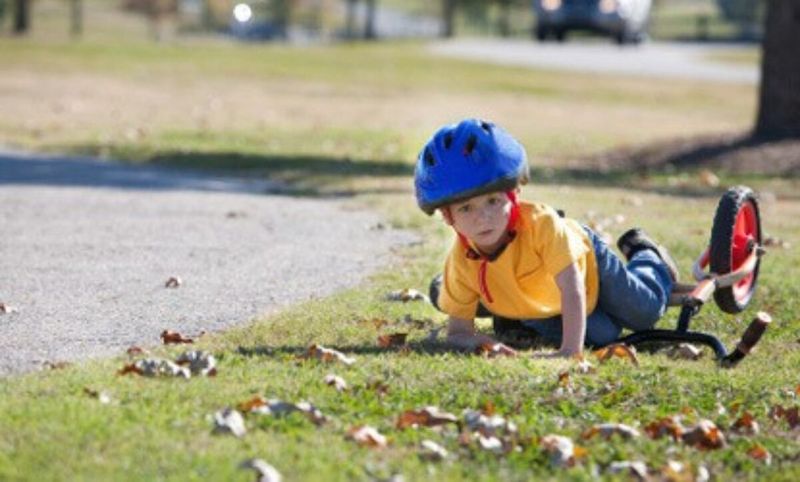
Failure isn’t the enemy; it’s a stepping stone to success. When parents allow their children to fail, they teach them resilience. A child learns to get up, dust themselves off, and try again, building strength with every attempt. It’s through failure that self-confidence flourishes. By understanding that perfection isn’t the goal, children learn to value effort and dedication. Moreover, failure cultivates problem-solving skills. Children discover new strategies and develop a growth mindset. When mistakes are embraced, fear of failure diminishes. This courageous approach to life equips them for future challenges with grace and determination.
2. Granting Independence

Independence is a gift that keeps on giving. By granting children the freedom to explore, parents nurture their ability to make decisions. Independence fosters self-reliance and confidence. Children learn to trust their instincts and judgment. They experience the satisfaction of overcoming obstacles on their own. Moreover, independence encourages creativity. Children develop unique problem-solving skills that lead to innovation. It’s a journey of discovery, where they learn who they are and what they stand for. This autonomy shapes resilient individuals, ready to face the world with confidence and determination.
3. Embracing Imperfection

Perfection is overrated; embracing imperfection brings joy. When parents accept mistakes as part of life, children learn to appreciate the beauty of flaws. This acceptance reduces pressure and encourages authenticity. Children understand that nobody is perfect, and that’s perfectly okay. Embracing imperfection fosters empathy, as children see others’ humanity. It also promotes creativity, as they feel free to express themselves without fear of judgment. In a world obsessed with perfection, teaching children to embrace their imperfections cultivates resilience, allowing them to tackle life’s challenges with humor and grace.
4. Encouraging Risk-Taking
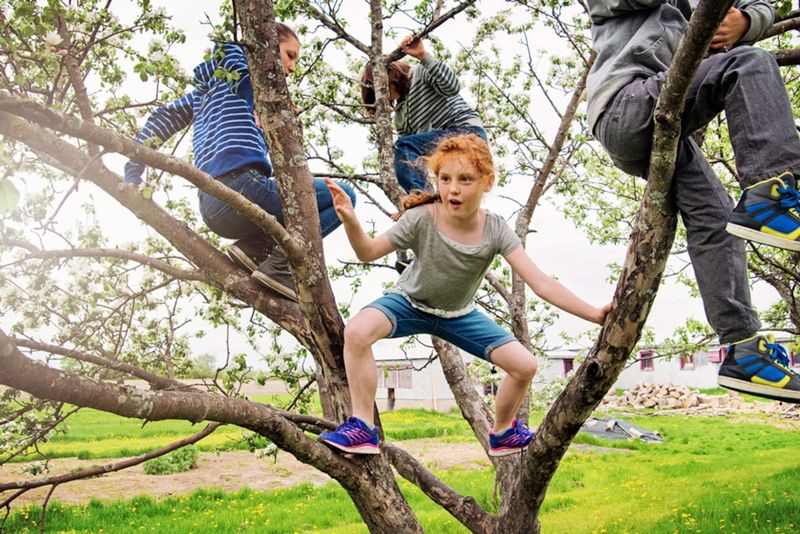
Risk-taking is an art that builds bravery. Encouraging children to take risks teaches them about courage and perseverance. They learn to assess situations and make informed decisions. Risk-taking fosters resilience by preparing children for uncertainties. It nurtures adaptability and flexibility. By stepping out of their comfort zones, they discover their strengths and capabilities. Risk-taking also enhances problem-solving skills. It instills a sense of adventure and curiosity. In a world filled with unpredictability, risk-taking prepares children to embrace challenges with open arms and an unyielding spirit.
5. Promoting Open Communication

Communication is the bridge to understanding. Promoting open communication allows children to express their thoughts and feelings freely. This openness fosters trust and strengthens the parent-child bond. Children learn the importance of active listening and empathy. They understand that their voices matter and that they are heard. Open communication cultivates emotional intelligence, a vital skill for navigating relationships and conflicts. It encourages honesty and transparency. In a world where communication is key, teaching children to express themselves openly builds resilience, equipping them to handle life’s complexities with clarity and confidence.
6. Teaching Delayed Gratification

Patience is a virtue cultivated through delayed gratification. Teaching children to wait for rewards instills discipline and self-control. They learn that good things come to those who wait. Delayed gratification fosters goal-setting and perseverance. Children understand the value of hard work and dedication. It encourages a long-term perspective, preparing them for future endeavors. This patience builds resilience, as children learn to cope with frustration and setbacks. They develop emotional regulation skills, essential for navigating life’s ups and downs. In a fast-paced world, delayed gratification teaches children the power of patience and persistence.
7. Fostering Creativity
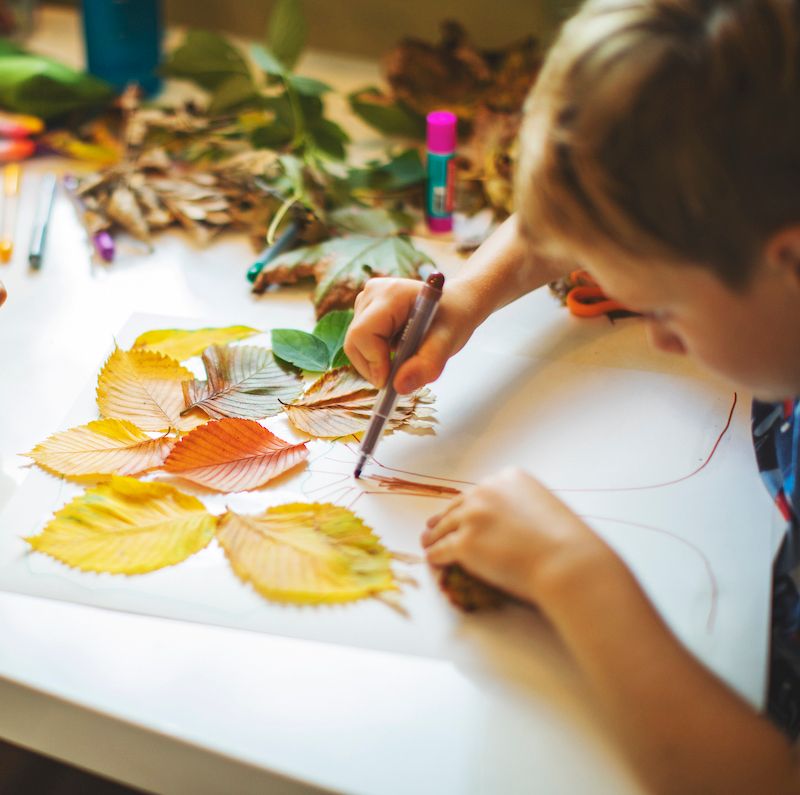
Creativity is the spark that ignites innovation. Fostering creativity in children encourages exploration and self-expression. They learn to think outside the box and embrace new ideas. Creativity nurtures problem-solving skills and adaptability. Children discover their unique abilities and talents. It’s a journey of self-discovery, where imagination knows no bounds. Fostering creativity builds resilience by teaching children to adapt to change and overcome challenges with ingenuity. In a world that values originality, encouraging creativity prepares children to tackle life’s uncertainties with confidence and resourcefulness.
8. Allowing Natural Consequences

Natural consequences are life’s best teachers. Allowing children to face the results of their actions instills responsibility. They learn to make better choices and understand the impact of their decisions. Natural consequences teach accountability and resilience. Children understand that actions have consequences, both positive and negative. This understanding fosters critical thinking and decision-making skills. By experiencing the outcomes of their choices, children learn valuable life lessons. They develop a sense of responsibility and ownership over their actions. In a world where every choice matters, natural consequences prepare children for the realities of adulthood.
9. Encouraging Self-Reflection

Self-reflection is the mirror to growth. Encouraging children to reflect on their experiences fosters self-awareness. They learn to understand their emotions and actions. Self-reflection promotes personal growth and development. Children gain insight into their strengths and weaknesses. It encourages critical thinking and problem-solving. By reflecting on their experiences, children learn valuable life lessons. They develop resilience and adaptability. Self-reflection builds emotional intelligence, a critical skill for navigating relationships and challenges. In a world that values introspection, encouraging self-reflection prepares children to face life’s complexities with wisdom and empathy.
10. Modeling Healthy Boundaries
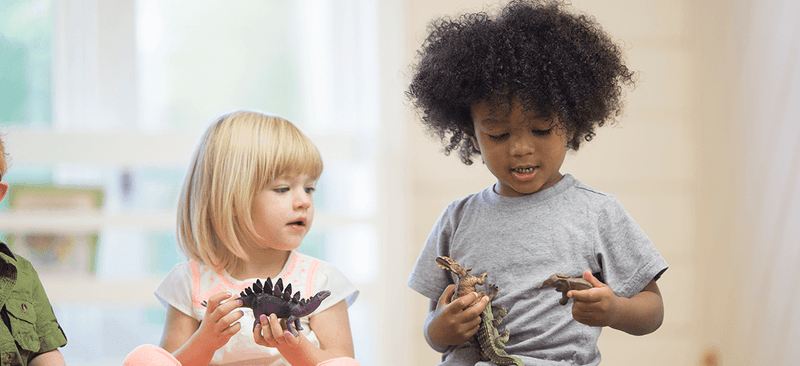
Boundaries are essential for healthy relationships. Modeling healthy boundaries teaches children the importance of respect and self-care. They learn to communicate their needs and expectations. Healthy boundaries foster trust and mutual respect. Children understand the importance of balance in relationships. This understanding promotes empathy and compassion. Modeling boundaries builds resilience by teaching children to protect their well-being. It encourages assertiveness and confidence. In a world where boundaries are often blurred, modeling healthy boundaries equips children to navigate relationships with clarity and confidence.
11. Celebrating Diversity
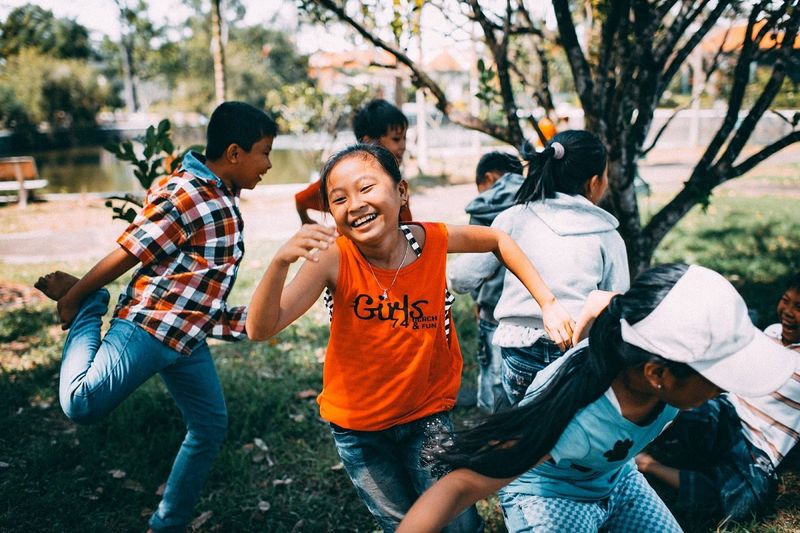
Diversity is the tapestry of humanity. Celebrating diversity teaches children to appreciate differences. They learn to value inclusivity and acceptance. Celebrating diversity fosters empathy and understanding. Children understand that everyone has unique experiences and perspectives. This understanding promotes compassion and kindness. By embracing diversity, children develop a global mindset. They learn to navigate different cultures and traditions. Celebrating diversity builds resilience by teaching children to adapt to change and appreciate the richness of human experiences. In a world that thrives on diversity, embracing differences prepares children for a harmonious future.
12. Encouraging Volunteerism
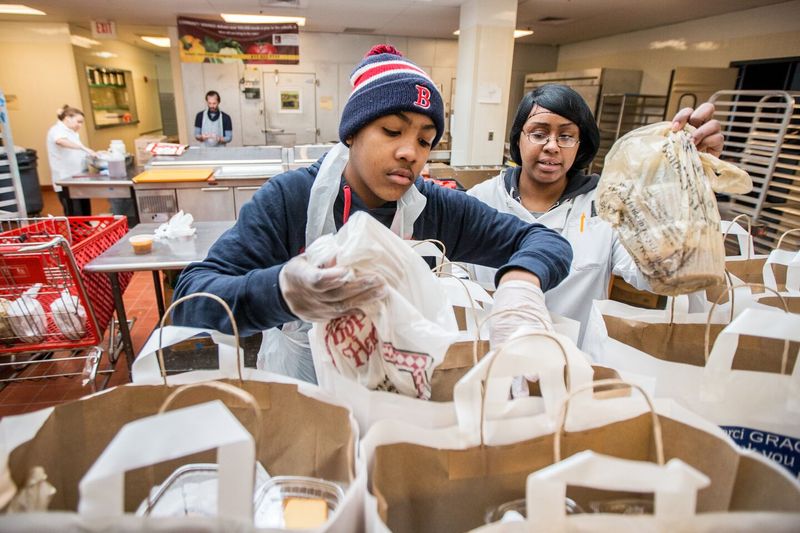
Volunteerism is the heart of community. Encouraging children to volunteer teaches them the value of service. They learn to give back and make a difference. Volunteerism fosters empathy and compassion. Children understand the impact of their actions on others. This understanding promotes kindness and altruism. Encouraging volunteerism builds resilience by teaching children to face challenges with a helping hand. It encourages teamwork and collaboration. In a world that benefits from generosity, volunteerism prepares children to contribute positively to society. They learn that even small actions can create meaningful change.

Well, hello there!
My name is Jennifer. Besides being an orthodontist, I am a mother to 3 playful boys. In this motherhood journey, I can say I will never know everything. That’s why I always strive to read a lot, and that’s why I started writing about all the smithereens I came across so that you can have everything in one place! Enjoy and stay positive; you’ve got this!

